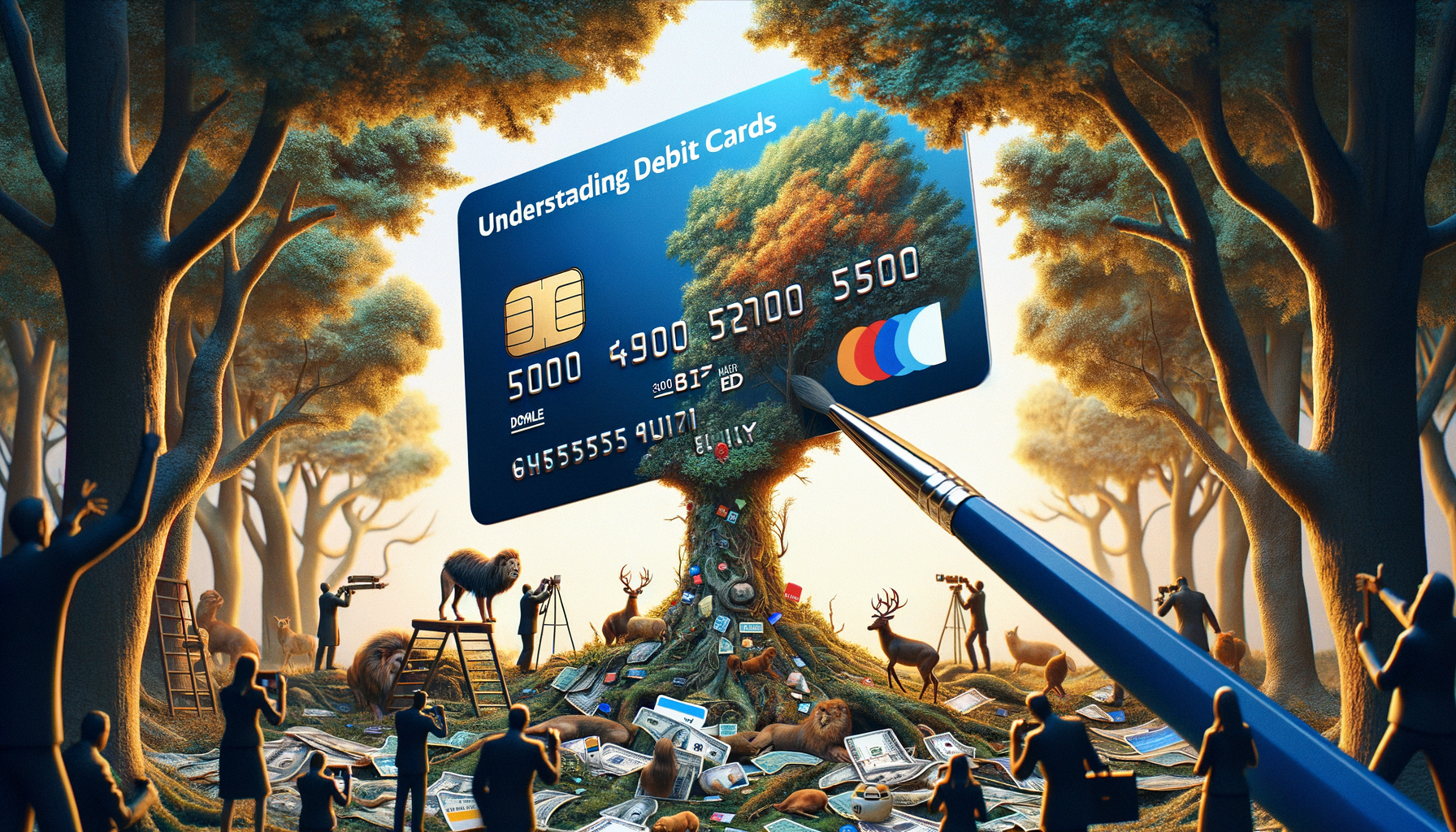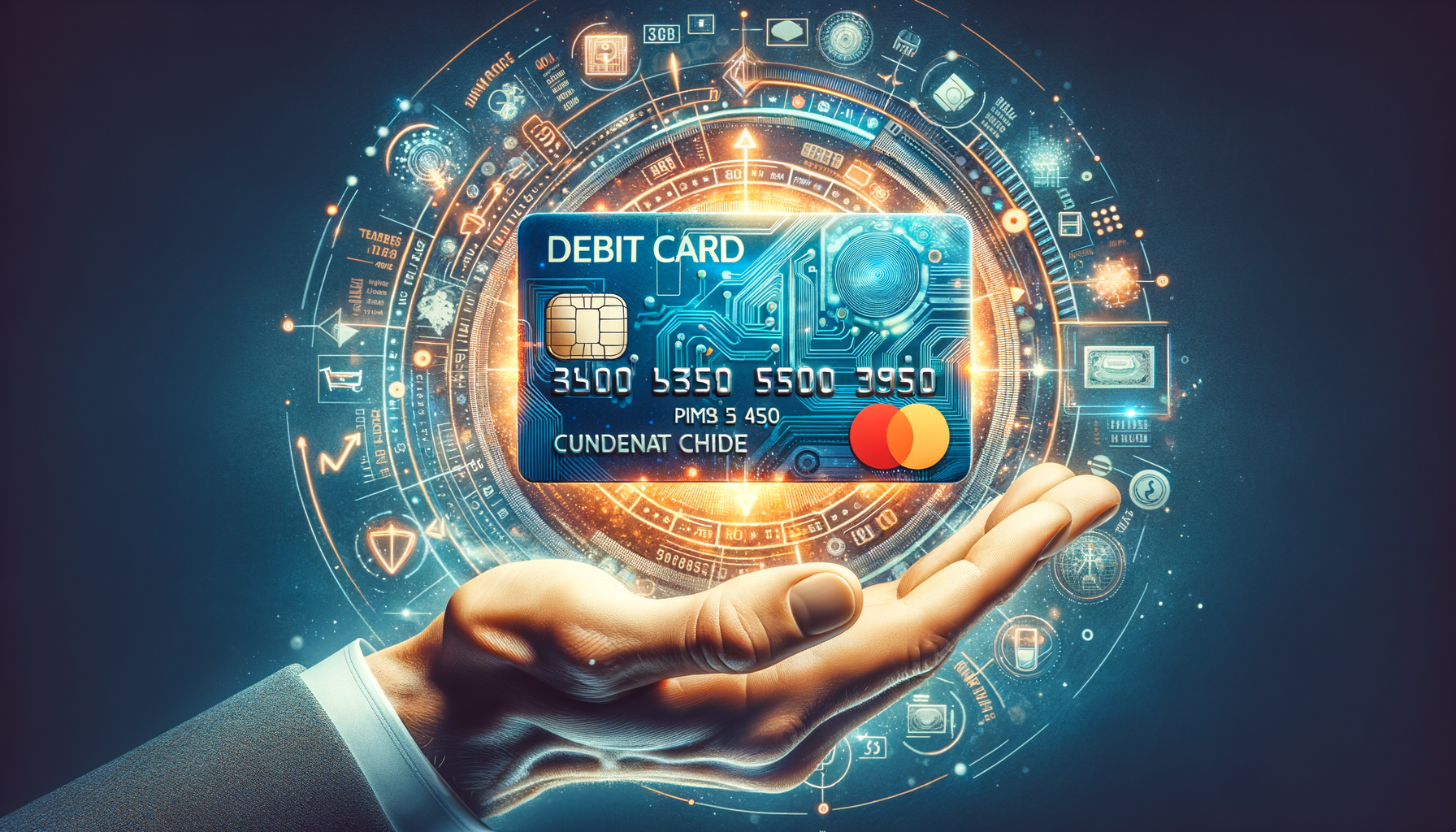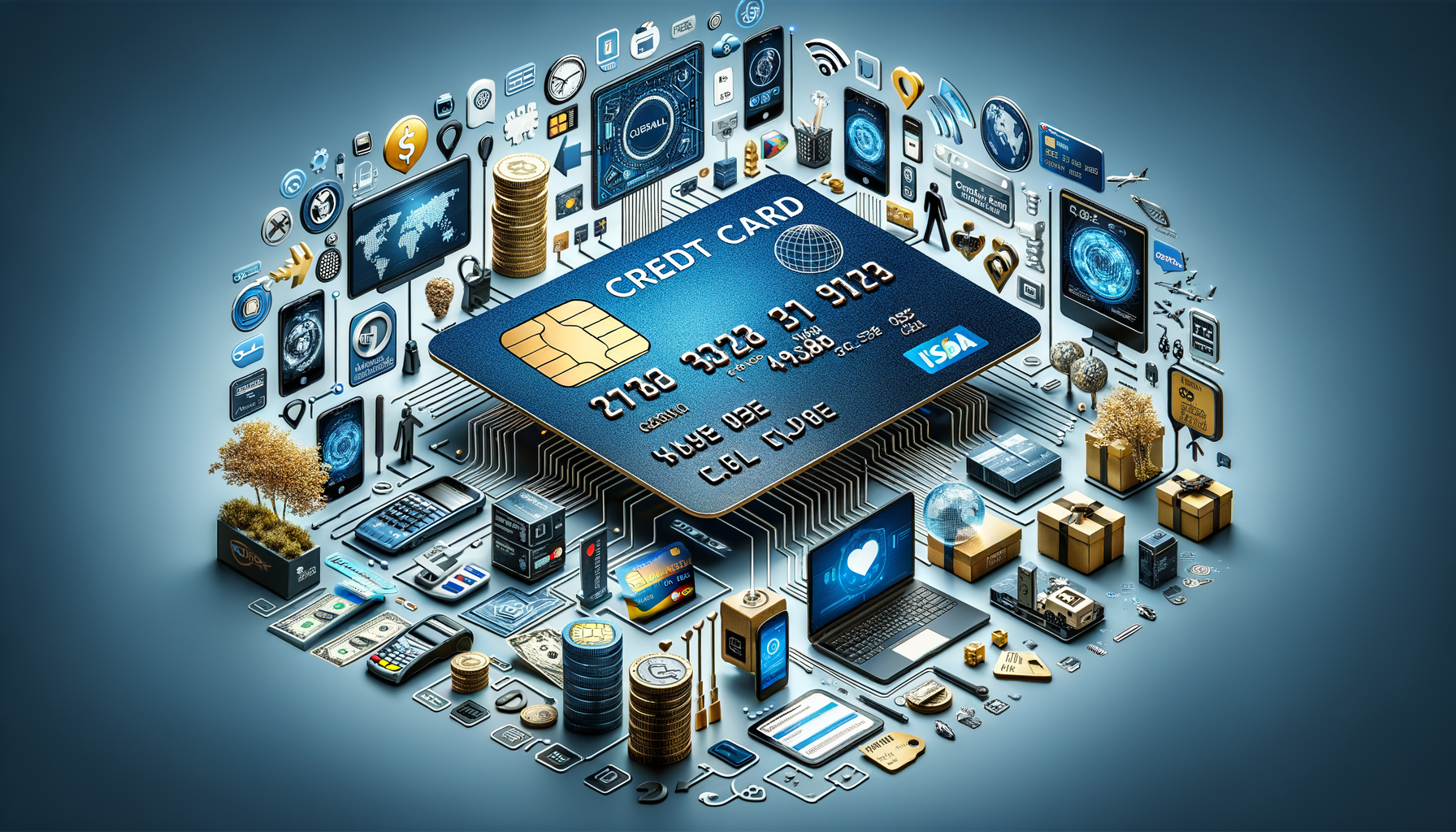What is a Debit Card?
Debit cards are a staple in modern financial transactions, providing a direct link to your bank account. Unlike credit cards, which allow you to borrow money up to a certain limit, debit cards draw funds directly from your checking account. This means you can only spend what you have, making them an excellent tool for budgeting and financial discipline.
Debit cards offer several features that enhance their utility. They are widely accepted at various merchants, both online and offline. Additionally, they often come with the ability to withdraw cash from ATMs, providing easy access to your funds wherever you are. The convenience of debit cards is further amplified by their security features, such as PIN protection and the ability to quickly freeze the card if lost or stolen.
For those who prefer not to carry cash, debit cards are an ideal alternative. They also help in tracking expenses, as most banks offer detailed transaction histories. This transparency can aid in creating and sticking to a budget, as you can easily review where your money is going each month. In essence, debit cards serve as a bridge between the traditional cash economy and the digital financial world.
Benefits of Using a Debit Card
Debit cards offer numerous advantages that make them a preferred choice for many consumers. One of the primary benefits is the ease of use. With a simple swipe or tap, you can complete transactions swiftly, eliminating the need for carrying cash or writing checks. This speed and convenience are particularly beneficial in today’s fast-paced society.
Another significant benefit is the control over spending. Since debit cards are linked directly to your bank account, you are limited to spending only what you have. This can prevent the accumulation of debt that is often associated with credit cards. For individuals looking to manage their finances more effectively, debit cards provide a straightforward solution.
Security is also a crucial aspect of debit card usage. Most debit cards come with fraud protection, and many financial institutions offer zero liability policies for unauthorized transactions. This means that if your card is used fraudulently, you won’t be held responsible for the charges, provided you report them promptly. Additionally, the ability to quickly lock or replace a lost card adds an extra layer of security.
Comparing Debit Cards to Credit Cards
While both debit and credit cards are used for transactions, they operate on different principles. Debit cards draw directly from your bank account, ensuring that you only spend what you have. In contrast, credit cards allow you to borrow money up to a certain limit, which must be repaid, often with interest.
One of the key differences is how they affect your credit score. Credit cards can help build or damage your credit score based on how you manage your payments. Timely payments can improve your score, while missed payments can have a negative impact. Debit cards, however, do not affect your credit score as they do not involve borrowing money.
In terms of rewards, credit cards often offer perks such as cash back, travel miles, or points for purchases. Debit cards typically do not offer such rewards, although some banks have started offering incentive programs for debit card usage. Ultimately, the choice between debit and credit cards depends on your financial habits and goals. If you prefer to avoid debt and maintain strict control over your spending, a debit card may be the better option.



Leave a Reply